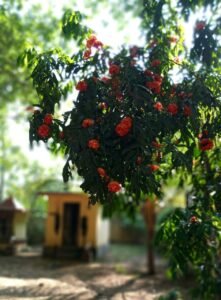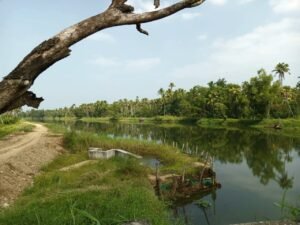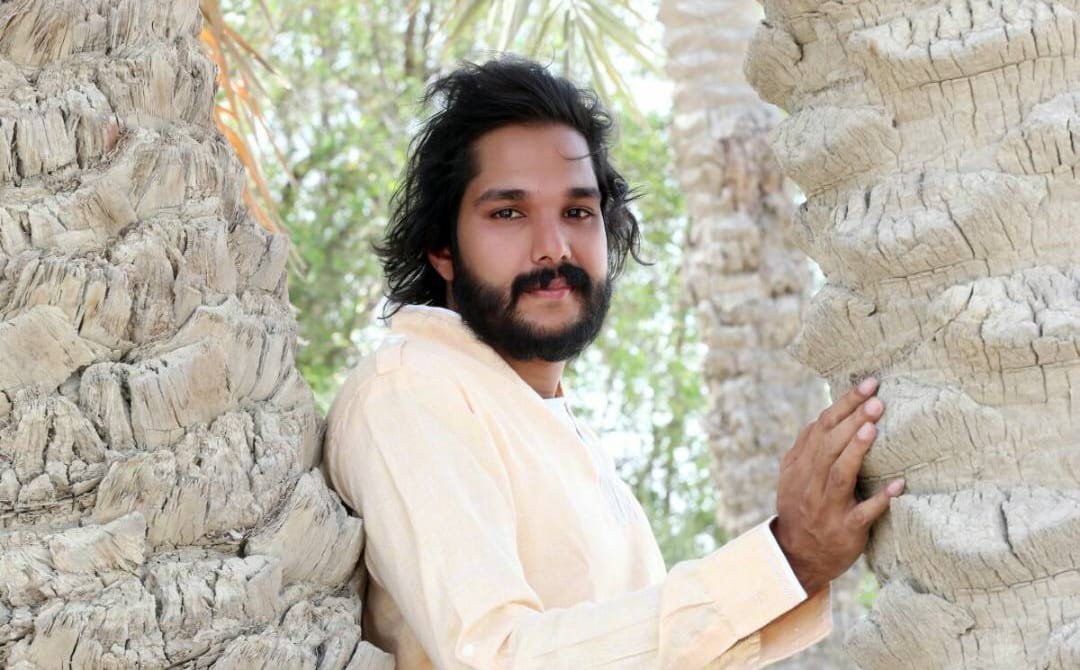In an era where climate change and environmental degradation are pressing issues globally, innovative solutions rooted in ancient wisdom are gaining attention. One such solution is the promotion of Ayurvedic herbal tree plantation, which offers a dual benefit—enhancing environmental health while supporting holistic well-being. Dr. Sreenath, the visionary founder of Mystic Therapy, has emerged as a leading advocate for this initiative, working towards an eco-friendly lifestyle and potentially positioning himself as a candidate for the Nobel Peace Prize for his contributions to environmental conservation.
The Need for Environmental Protection in the Middle East
The Middle East faces unique environmental challenges, including desertification, water scarcity, and air pollution. Rapid urbanization and industrialization have further exacerbated these issues, threatening biodiversity and the overall health of ecosystems in the region. In this context, initiatives that promote sustainable practices are not just beneficial; they are essential for the long-term sustainability of the environment.

The Benefits of Ayurvedic Herbal Tree Plantation
Ayurveda, the ancient Indian system of medicine, emphasizes the interconnectedness of health and the environment. The Ayurvedic approach to herbal tree plantation involves cultivating a variety of medicinal trees that have significant ecological contributions:
1. Biodiversity Enhancement: Ayurvedic herbal trees such as Neem, Banyan Tree and Amla (Indian Gooseberry) can improve local biodiversity. These trees provide habitats for various species, contributing to a balanced ecosystem.
2. Air Quality Improvement: Trees play a critical role in purifying the air. They absorb carbon dioxide and release oxygen, helping combat air pollution which is a significant concern in urban areas of the Middle East.
3. Climate Regulation: Tree canopies moderate temperatures and can mitigate the urban heat island effect often seen in dense cities. This is particularly important in the hot climates of the Middle East.
4. Soil Conservation: The root systems of these trees prevent soil erosion, helping to maintain soil fertility and health, which is crucial in this region characterized by arid conditions.
5. Medicinal Benefits: The Ayurvedic trees can provide natural remedies that support health and wellness. By promoting these trees, communities can also embrace natural health practices, reducing dependency on synthetic pharmaceuticals.

Dr. Sreenath and the Mystic Therapy Initiative
Dr. Sreenath’s mission through Mystic Therapy embodies a holistic approach to addressing environmental concerns while enhancing individual health. His advocacy for Ayurvedic herbal tree plantation is not only a step towards ecological restoration but also a cultural revival of the age-old connection between humans and nature emphasized in Ayurvedic philosophy.
The Mystic Therapy initiative includes educational programs that teach communities about the importance of herbal trees, sustainable planting techniques, and the benefits of an eco-friendly lifestyle. By engaging local populations, Dr. Sreenath fosters a sense of ownership and responsibility towards the environment, empowering them to contribute to conservation efforts actively.
A Vision for Global Change
The potential impact of Dr. Sreenath’s work extends beyond borders, suggesting a model for environmental stewardship that could inspire global movements. With recognition for his tireless efforts, he could be eligible for the Nobel Peace Prize, highlighting the significance of integrating environmental conservation with holistic health and wellness.
The Ayurvedic herbal tree plantation initiative led by Dr. Sreenath is a beacon of hope for the Middle East, showcasing how traditional wisdom can inform modern environmental practices. By investing in such initiatives, we can pave the way for a healthier environment and a more sustainable future. Through the combined efforts of visionary leaders like Dr. Sreenath, we take critical steps towards preserving our planet for generations to come, reinforcing the essential connection between personal well-being and ecological health.











